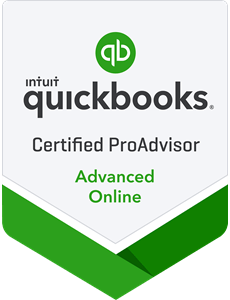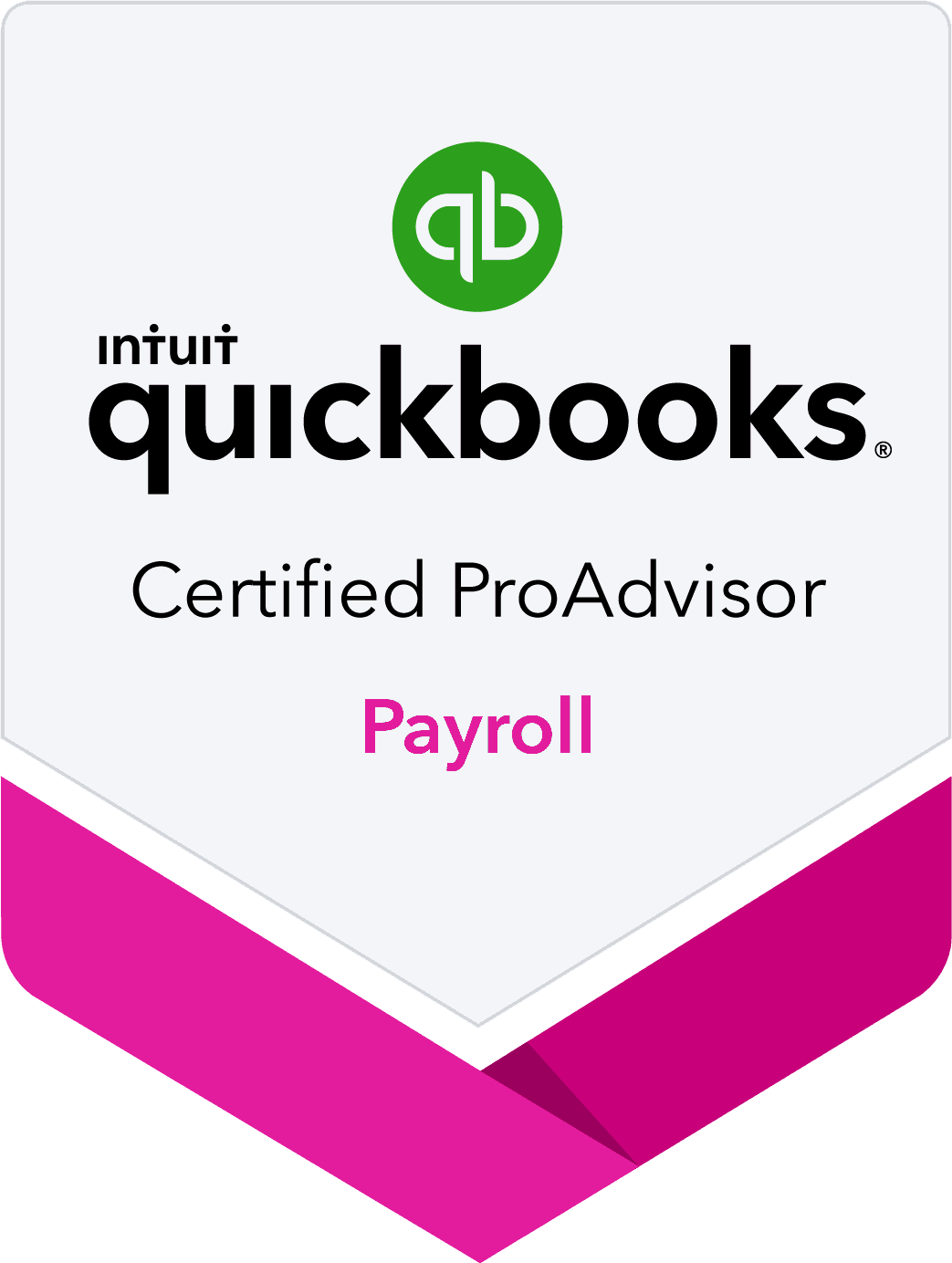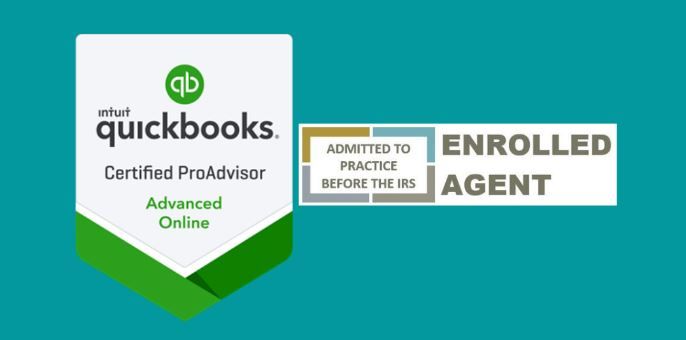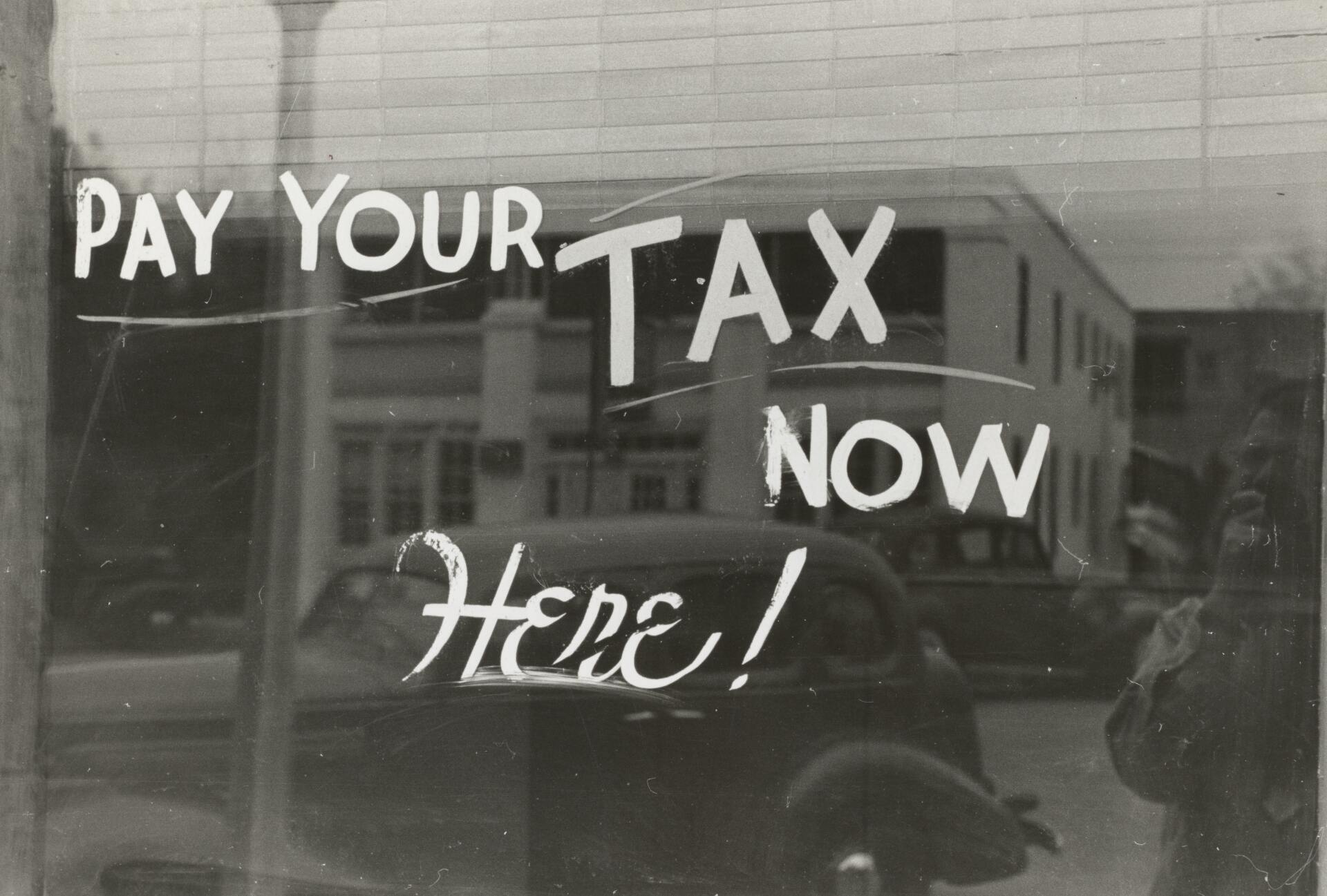Every year the IRS mails letters or notices to taxpayers for many different reasons. Typically, it’s about a specific issue with a taxpayer’s federal tax return or tax account. A notice may tell them about changes to their account or ask for more information. It could also tell them they need to make a payment. This year, people might have also received correspondence about Economic Impact Payments or an advance child tax credit outreach letter.
Here are some do's and don'ts for anyone who receives mail from the IRS:
.• Don't ignore it. Most IRS letters and notices are about federal tax returns or tax accounts. Each notice deals with a specific issue and includes specific instructions on what to do.
.
• Don’t throw it away. Taxpayers should keep notices or letters they receive from the IRS. These include adjustment notices when an action is taken on the taxpayer's account, Economic Impact Payment notices, and letters about advance payments of the 2021 child tax credit. They may need to refer to these when filing their 2021 tax return in 2022. In general, the IRS suggests that taxpayers keep records for three years from the date they filed the tax return.
.
• Don't panic. The IRS and its authorized private collection agencies do send letters by mail. Most of the time, all the taxpayer needs to do is read the letter carefully and take the appropriate action.
.
• Don't reply unless instructed to do so. There is usually no need for a taxpayer to reply to a notice unless specifically instructed to do so. On the other hand, taxpayers who owe should reply with a payment. IRS.gov has information about payment options.
.
• Do take timely action. A notice may reference changes to a taxpayer's account, taxes owed, a payment request or a specific issue on a tax return. Acting timely could minimize additional interest and penalty charges.
.
• Do review the information. If a letter is about a changed or corrected tax return, the taxpayer should review the information and compare it with the original return. If the taxpayer agrees, they should make notes about the corrections on their personal copy of the tax return and keep it for their records.
.
• Do respond to a disputed notice. If a taxpayer doesn't agree with the IRS, they should mail a letter explaining why they dispute the notice. They should mail it to the address on the contact stub included with the notice. The taxpayer should include information and documents for the IRS to review when considering the dispute.
.
• Do remember there is usually no need to call the IRS. If a taxpayer must contact the IRS by phone, they should use the number in the upper right-hand corner of the notice. The taxpayer should have a copy of their tax return and letter when calling the agency.
.
• Do avoid scams. The IRS will never contact a taxpayer using social media or text message. The first contact from the IRS usually comes in the mail. Taxpayers who are unsure if they owe money to the IRS can view their tax account information on IRS.gov..
.
How can we help you?
Need a professional with a wide range of knowledge in such tax-related subjects as income, estate, gift, payroll, levies, returns, inheritance, non-profit and retirement taxes?
Call us! We are Tax Specialists serving our clients since 2012
Ana Echeverri & Associates, at (407) 601-3157
We will be happy to assist you.
Certified QuickBooks ProAdvisor offering Consulting and Training Services
Our office hours are Monday thru Friday, from 9 A.M. to 5 P.M
https://www.anaecheverriassociates.com
#accounting #orlandoFL #accountingFlorida #TaxesFlorida
#tax #accountingservices #taxrefund #enrolledagent
#CertifiedQuickBooksProAdvisor
Ana Echeverri


Certified QuickBooks ProAdvisor
Ana can help you set up and manage your QuickBooks online and on desktop. Having a streamlined chart of accounts and strategy for accounting will help you understand your company's ins and outs.




